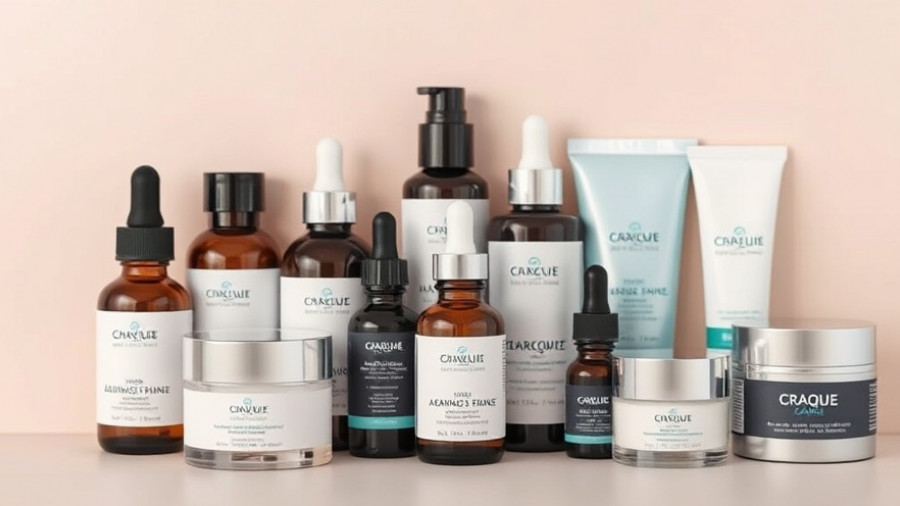
AI in Skin Care: A New Frontier for the MedSpa Community
Welcome to the future of skin care! As AI technology continues to permeate various industries, the beauty and skin-care sector is no exception. Many are eager to harness AI tools to personalize skincare routines. With AI apps popping up, offering tailored regimens based on just a selfie, how effective are these tools? And for those of us with unique skin concerns, particularly melanin-rich skin, can AI really understand what we need?
Understanding Melanin-Rich Skin
As a prospective medspa customer in Gig Harbor, Washington, understanding how AI tools approach skin care is essential. AI has shown promise in dermatological diagnostics, but it still struggles to meet the nuances of diverse skin tones. Many existing algorithms are trained primarily on lighter skin tones, leading to gaps in knowledge when it comes to conditions such as post-inflammatory hyperpigmentation (PIH) and keloid-prone scarring. In fact, dermatologists like Dr. Michelle Henry have pointed out that without a sufficient data set representative of darker skin tones, AI tools often overlook specific concerns that may resonate deeply with patients.
The Triumphs and Failures of AI Diagnoses
In a recent attempt, a beauty writer explored four major AI platforms, discovering a mix of helpful insights and deficits. For instance, La Roche-Posay's MyRoutine AI recognized pigmentation as a primary concern and tailored a regimen accordingly—an affirmation that the technology is evolving. However, tools such as L’Oréal’s SkinGenius emphasized hydration but bypassed critical issues like PIH. For medspa clients in Gig Harbor, understanding what these tools can and cannot address is vital.
The Need for Inclusivity in AI Development
To truly benefit all skin types, AI development must include diverse datasets, as highlighted in a related study. Programs like the PASSION project emphasize the importance of including dermatology images from patients with various skin tones. This initiative aims to improve diagnostic accuracy and ensure that AI systems recognize and respond to an array of skin concerns, particularly in underrepresented communities.
A New Outlook for Gig Harbor Clients
While these AI tools are interesting starting points for personalized care, anyone serious about skincare, especially those with unique needs, should balance these digital inputs with professional advice. Local medspas like those in Gig Harbor offer targeted solutions like Botox treatments, chemical peels, and facial rejuvenation services that directly address specific skin issues. No app can replace the expertise of a skilled dermatologist or aesthetician, especially when it comes to conditions that require attentive, personalized care.
Bridging the Gap Between AI and Authentic Care
As AI technology matures, it can become more beneficial to medspa clients in Gig Harbor, but current limitations should be acknowledged. Both Dr. Hartman and Dr. Henry advocate for a strategy where AI serves as a supplement rather than a substitute for real dermatological care. Rather than depending solely on apps, clients should feel empowered to engage in discussions with their medspa providers regarding their skin's unique needs. This teamwork can ensure that they receive holistic and effective care tailored to their realities.
In conclusion, AI represents a fascinating and evolving tool in the skincare realm. For those considering their journey in aesthetics, particularly in the Gig Harbor area, embracing the advantages of AI while also seeking professional insight will ensure a comprehensive approach to skin health. After all, each journey toward beauty and wellness is deeply personal.
Are you ready to explore how the latest technology can enhance your skincare routine? Visit your local Gig Harbor medspa today to discover personalized anti-aging services that fit your unique needs!
 Add Row
Add Row  Add
Add 




Write A Comment